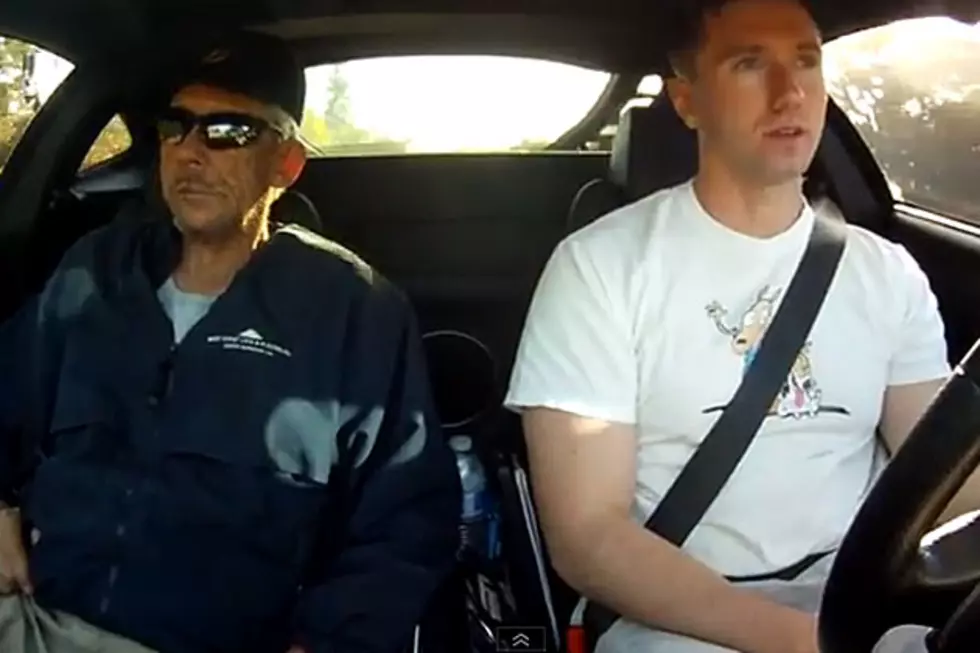
Wisconsin Residents Receive More Scam Calls With A New Twist
Fake scam calls are once again on the rise in Wisconsin. Scammers pretending to be IRS officials are now joined by scammers referencing credit cards, computer virus's and lotteries and contests, and the Consumer Hotline at the Wisconsin Department of Agriculture, Trade and Consumer Protection (DATCP) is lighting up with questions about fraudulent telephone calls.
Complaints about fake Internal Revenue Service (IRS) phone calls (both “live” calls and robocalls).
The IRS reminds you If you receive a similar call, remember:
- The IRS NEVER asks taxpayers to pay their tax bill using prepaid debit cards, credit/debit cards or wire transfers over the phone.
- If the IRS contacts a consumer about unpaid taxes, they do so by postal mail, not by phone.
- Do not be fooled if your caller ID displays “IRS” or the agency’s toll-free number.
- Scammers may be able to recite the last four digits of a victim’s Social Security number.
- Scammers sometimes send bogus IRS emails to victims after an initial call to support their scam story.
- If you receive a threat by robocall, hang up and do not press any buttons during the call.
Consumers are also reaching out to DATCP about other recent phone-based scams, including:
- “Card Services” robocalls. An automated caller claims that you can receive a reduced rate on your credit cards using their services. These operations are a national nuisance and nearly everyone has received at least one of these calls at some point. If you receive this robocall, hang up without pressing any buttons.
- Tech support for a “virus” on your computer. A caller who falsely claims to be with a tech support company (typically Microsoft) will tell you that you have a malicious virus on your computer. In order to remove the virus, the caller will ask you to turn over access to your computer using an online program, giving them full control over your system and putting your files and personal information at risk. They will also require a credit card to process a payment for their “services.” Hang up immediately if you receive a similar call – regardless of what the so-called “technician” says about any codes or files they claim to find on your system, they do not know about a problem with your computer and the operation is a scam.
- Lotteries and contests. A caller falsely claims that you have won a major prize (often an international lottery or Publishers Clearing House sweepstakes) and requests that you send them payment for taxes or shipment of your winnings. Never pay a fee to claim a “free” prize.
More From KOOL 101.7









